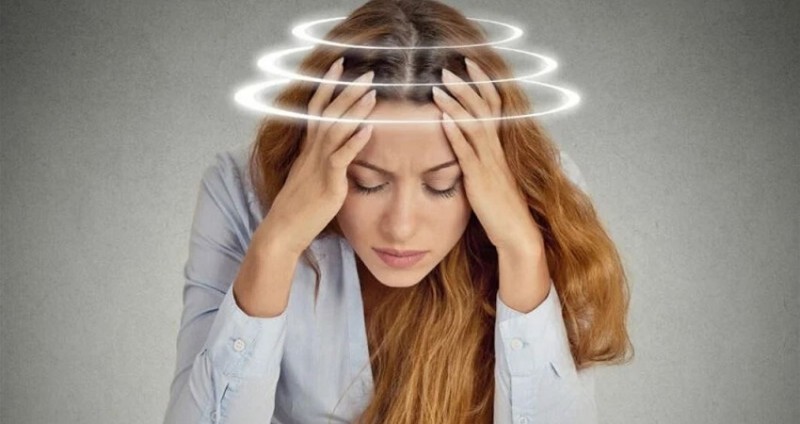
Do you find yourself feeling dizzy often? Lightheadedness can be quite bothersome and disruptive to daily life. Here’s a look at some common causes and effective ways to alleviate this sensation.
Causes of Feeling Dizzy
Feeling dizzy consistently can be caused by various reasons. Here are some common causes of it:
Inner Ear Issues: Problems with the inner ear, such as vestibular disorders or Meniere’s disease, can disrupt balance and lead to dizziness.
Low Blood Pressure: Low blood pressure, dehydration, or anemia can cause lightheadedness, especially when standing up quickly.
Migraines or Anxiety: Conditions like migraines or anxiety can heighten sensitivity to environmental stimuli, inducing feelings of dizziness.
Medications: Certain medications, particularly those that affect blood pressure or have neurological side effects, can cause lightheadedness.
Neurological Problems: Neurological conditions such as multiple sclerosis or stroke can disrupt signals between the brain and body, leading to dizziness.
Other Factors: Inadequate sleep, stress, or a poor diet can exacerbate symptoms of dizziness.
Ways to Get Rid of Lightheadedness
If you’re experiencing lightheadedness frequently, here are five ways to help alleviate it:
Hydrate: Dehydration is a common cause of lightheadedness. Drink plenty of water throughout the day to stay hydrated.
Eat Regularly: Low blood sugar levels can contribute to dizziness. Eat small, frequent meals that include healthy snacks to keep your blood sugar stable.
Manage Stress: Practice relaxation techniques such as deep breathing, meditation, or yoga to reduce stress levels, which can help alleviate dizziness.
Check Medications: If you suspect that medications are causing your lightheadedness, speak with your healthcare provider. They may adjust your dosage or switch medications.
Balance Exercises: Simple exercises to improve balance, such as Tai Chi or vestibular rehabilitation exercises, can help reduce dizziness caused by inner ear issues.
Lightheadedness can be caused by a variety of factors, from inner ear issues to stress and dehydration. By understanding the underlying causes and implementing these simple tips, you can effectively manage and reduce feelings of dizziness in your daily life.
Remember, if your lightheadedness persists or is accompanied by other symptoms, it’s important to consult with a healthcare professional for proper diagnosis and treatment.
Do You Know What Ginger Ale is? How It Helps Balance Women's Health?
How Ginger Water Works on an Empty Stomach? Now It's Time to Know the Benefits..
Trimming the Fat: How to Easily Tackle the Weighty Issue of Obesity?
THESE Five Simple Lifestyle Habits Help Keep Your Uterus Happy